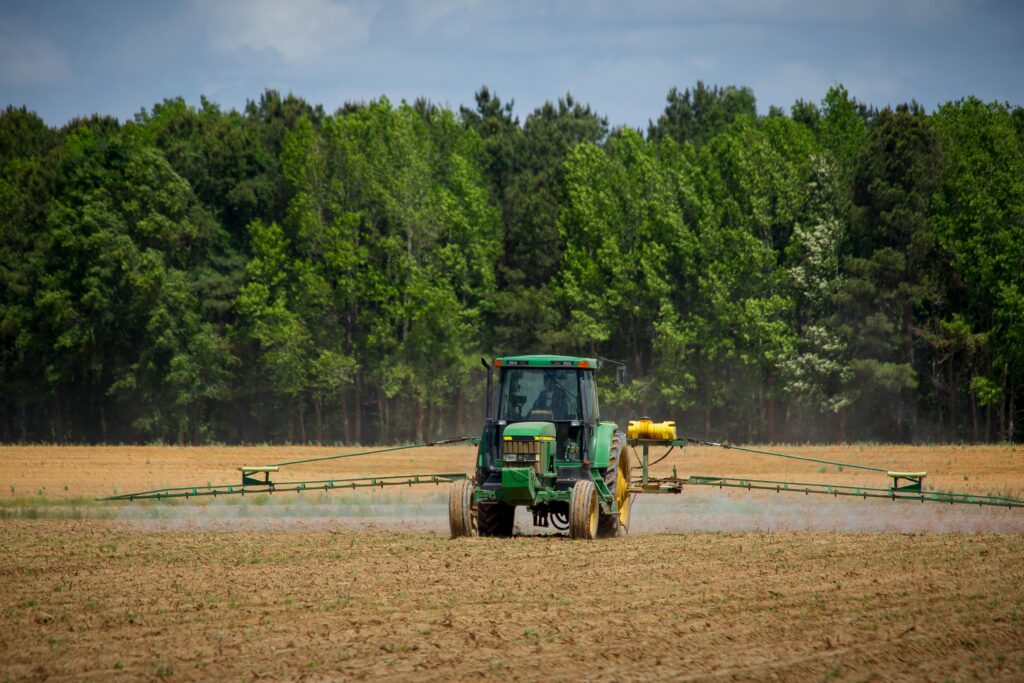The recent entry of Marnco into the New Zealand fertiliser market has been viewed as a positive development by one of New Zealand’s leading soil scientists, Hamilton-based Dr Gordon Rajendram.
“Since Marnco entered the market around Easter, we’ve seen a significant drop in fertiliser prices, which is great news for farmers,” says Rajendram.
He said that prior to COVID-19, the price of urea was approximately $530 per tonne, with super phosphate priced at $345 per tonne.
However, recent months have seen substantial price reductions, with potassium chloride (KCI) dropping from $1,100 per tonne in December 2023 to $795, thanks to Marnco’s competitive pricing according to Rajendram.
“Marnco’s entry into the market has made a tangible difference, offering pure KCI at $775 per tonne, and reducing the price of sulphur phosphate from $525 to $370 per tonne,” Dr Rajendram commented
“This is exactly the kind of competition we need to support our farming communities and ensure New Zealand agriculture remains competitive on the world stage.”
Dr Gordon Rajendram, a leading expert in New Zealand’s agricultural sector, has called for increased competition in the country’s fertiliser market, citing it as essential for reducing costs and driving innovation.
According to Dr Rajendram, the lack of competition in New Zealand has kept fertiliser prices unnecessarily high, significantly impacting farmers’ production costs.
“Fertiliser is one of the biggest expenses on a farm. Higher fertiliser costs translate directly to higher production costs, whether it’s converting pastures and crops into milk or meat,” he explains. “For New Zealand agriculture to remain competitive on the global market, addressing this issue is crucial.”
Dr Rajendram highlights the financial strain particularly felt in the sheep and beef farming sectors. He notes that many farmers, especially those in the sheep sector, are cutting back on fertiliser use or withholding it altogether due to the low lamb schedule. “There’s a lot of hurt out there,” he says.
When comparing New Zealand to other farming nations, Dr Rajendram points out that many countries have a greater variety of fertiliser companies to choose from, which helps keep prices lower. “In South Africa, for example, urea sells for around $590 per tonne, and in Asia, it ranges from $550 to $600 per tonne. Meanwhile, in New Zealand, we’re paying almost $200 more per tonne, despite urea being produced locally.”
The absence of competition also stifles innovation, according to Dr Rajendram. “Without competition, there’s no incentive to create better products. Companies can continue selling the same old products without any need to improve because they control the market.”

Click here to listen to the radio interview.
For more information, please contact:
Contact Dr Gordon Rajendram
021 466077
rajendram@xtra.co.nz
www.gordonrajendramsoilscientist.co.nz
About Dr Gordon Rajendram
Dr Gordon Rajendram is a respected figure in New Zealand’s agricultural industry, with extensive experience in soil science and sustainable farming practices. He is an advocate for innovation and competitiveness in the sector, particularly in the fertiliser market.
Contact Media PA
027 458 7724

